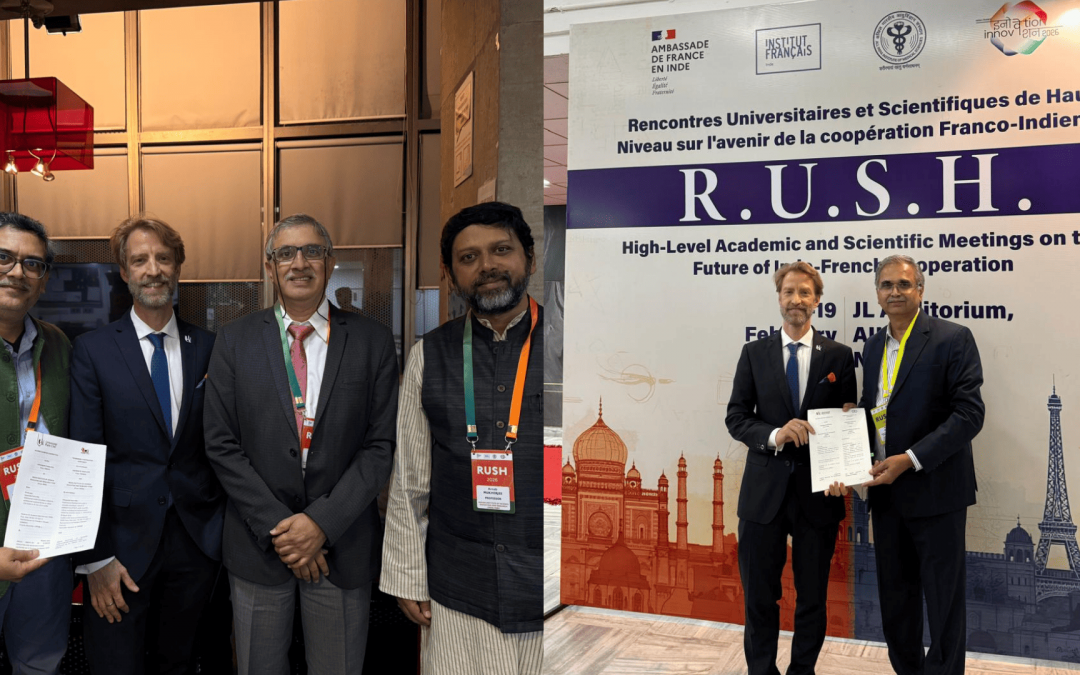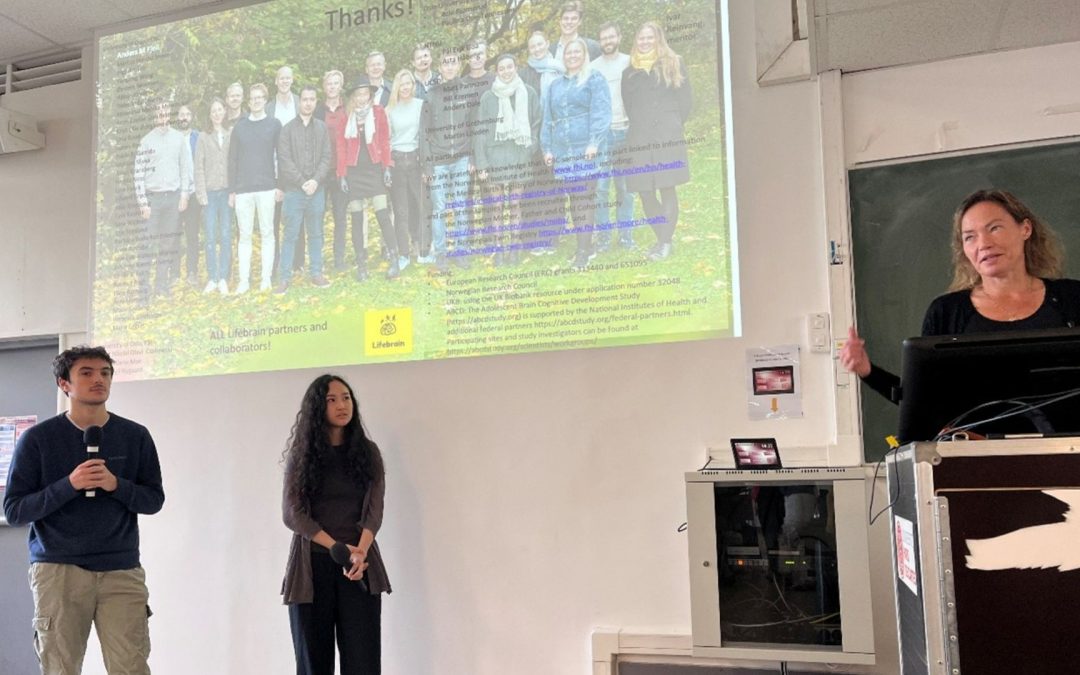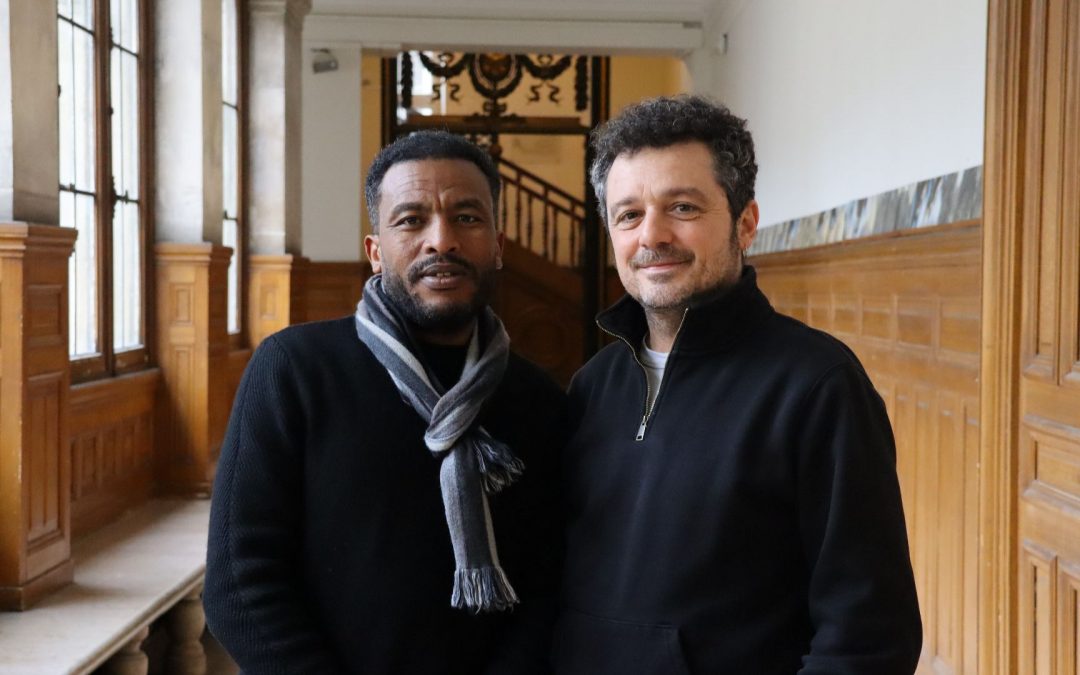The Guild of European Research-Intensive Universities
Founded in 2016, The Guild network brings together more than twenty of the most prestigious european research-intensive universities from sixteen countries. The members collectively address major scientific challenges by promoting the positive impact of research on society. Guided by values of excellence in research and higher education, they are committed to sharing their experience and best practices so as to actively contribute to strategic discussions at the European level.

Towards Advocacy and Networking
With an office closeby to the European Commission, the Guild aims to engage with policy-makers, enhance public debate, promote excellence in higher education and collaborate with public institutions to solve global societal challenges. With a united voice, The Guild defends the interests of its members and their communities. It advocates for ambitious policies to European decision-makers. Committed to placing research-intensive universities at the heart of European priorities and actions, the network participates in the key research trends in Europe and ensures that European policy decisions are evidence-based.
UPCité commits to The Guild
Université Paris Cité has been a member of the Guilde since 2016. By actively collaborating with other members to develop the strategic positions raised by the Guild, UPCité asserts its influence and is involved in defending the interests of its communities. In doing so, the university thus consolidates its commitment to the societal impact of research, while promoting an ambitious vision of the role of universities within the knowledge-based Europe.
With the aim of formulating strategic recommendations and targeted proposals for European decision-makers, the Guild brings together the expertise of its 23 members by setting up specialised working groups. UPCité plays a structured and active role in the development of the network’s strategic discussions, mobilising its experts on technical issues related Research, Education and Innovation Policy ; Research and Academic Collaboration ; Institutional Enhancement.
Africa-European Research Excellence Clusters (CoREs)
Since 2023, the Guild and the Alliance of African Research Universities (ARUA) have been collaborating within the “Africa-Europe Research Excellence Clusters” (CoREs). By bringing together researchers from both continents, CoREs strengthen the institutional capacities of universities and research organisations across Africa and Europe.
Within the CoREs, teams of researchers carry out collaborative work in a spirit of equity and sustainability, developing an integrated approach focused on excellence. They are also committed to building the capacity of high-level research infrastructures and making them accessible.
Research Excellence Cluster : Non-communicable diseases and multi-morbidity
Led by Professor Xavier Jouven for Université Paris Cité, this cluster aims to respond to the growing challenge of non-communicable diseases (NCDs) and their co-morbidities in Africa. Université Paris Cité’s involvement in this cluster of excellence is an illustration of its commitment to planetary health. Its main missions are to :
- Develop innovative, context-specific solutions for the study, prevention and management of NCDs and their co-morbidities in low-income countries
- Focus on building research capacity, conducting cutting-edge research and promoting knowledge translation and dissemination, as well as mobility and exchanges
- Implement a multidisciplinary, collaborative and participatory approach, emphasizing equitable partnerships and community involvement
- Improve the health and well-being of populations in Africa by reducing the number of non-communicable diseases and co-morbidities throughout the lifespan
- Contribute to the achievement of the Sustainable Development Goals (SDGs)
Members
The Guild comprises:
Aarhus University (Denmark), Babeș-Bolyai University (Roumania), The University of Bern (Switzerland), University of Bologna (Italy), Ghent University (Belgium), The University of Glasgow (Scotland), The University of Göttingen (Germany), The University of Groningen (The Netherlands) Jagiellonian University (Poland), King’s College London (United Kingdom), UCLouvain (Belgium), The University of Ljubljana (Slovenia), The University of Oslo (Norway), University of Luxembourg (Luxembourg), Université Paris Cité (France), Université PSL (France), Pompeu Fabra University (Spain), Radboud University (The Netherlands), The University of Tartu (Estonia), The University of Tübingen (Germany), Uppsala University (Sweden), The University of Vienna (Austria), and The University of Warwick (United Kingdom).
Key actions
(source : The Guild )
Read more

The Indian Institute of Science Education and Research in Pune and the Indian Institute of Technology in Bombay: UPCité’s first partners in India.
Antoine Kouchner, Vice-President of Strategy and International Relations at Université Paris Cité, travelled to India for the official visit of the President, Emmanuel Macron, to the High-Level Scientific and Academic Meetings (RUSH). In this context, UPCité...

International Day of Women and Girls in Science: celebrating the women who push research forward
February 11 was the International Day of Women and Girls in Science. On this day, Université Paris Cité reaffirms its commitment to the equality between men and women and celebrates the journey of the women who advance research. Between celebrating our heritage and...

INC Day 2025: an international scientific day dedicated to neuroscience
The Neuroscience and Cognition Institute of Université Paris Cité (INC) organized a new edition of the INC Day, focused on neurodevelopmental trajectories. A key partner of the event, the Graduate School Neuroscience invited its first year and second year master...

Abraha and Pierre: A Friendship to Preserve the People’s Memory of War
In Paris, two historians’ paths crossed. One had just arrived from Ethiopia, carrying notebooks filled with daily observations written during the war in Tigray. The other, based in France, is a specialist of Ethiopian modern history. From this encounter, a partnership...
